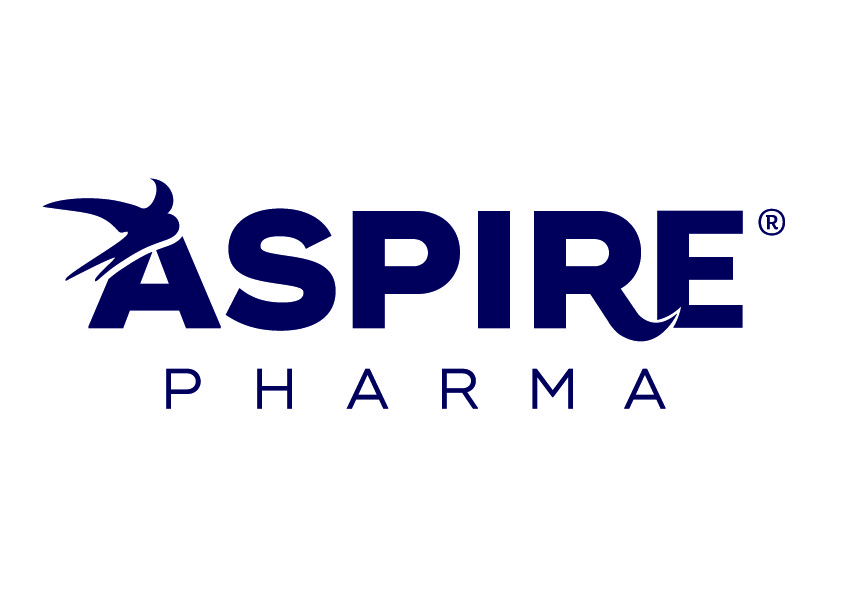Log in or Sign up
to access My Account functionalities
Ibandronic acid 150mg film-coated tablets
Active Ingredient:
Company:
ATC code:
M05BA06
About Medicine
Prescription only medicine

